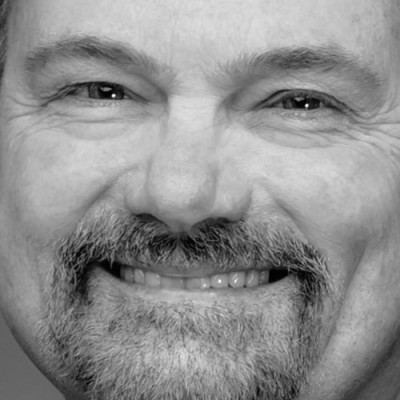Mental health stigmas can be distinctly unbiblical. This is why
“It’s O.K. to not be O.K.” according to Olympian tennis star Naomi Osaka, who was the cover story on Time magazine this month. She wrote about the priority of mental health needs and why sports need to change.

Evidently Naomi Osaka bowed out of a French Open press conference to take a mental health day and suffered significant flack for her absence. I can’t imagine the pressure of being an Olympian athlete, tennis superstar and media magnet. To me a mental health day and taking a break from the press is a no brainer. Give the woman a break! Show a little grace.
But the Time op-ed is more than advocating a break for someone under stress. It addresses the stigma of mental disorders and judging someone because of the stereotypes; that would be a judgment based on superficial appearances and lack of deeper knowledge. It is something I witnessed when serving as Director for Residential Homes for patients with schizophrenia. The stereotypical behaviors of schizophrenia can be intimidating and threatening. But the social stigma is greater than the actual threat. A closer look (actually working with the residents) gave me a better appreciation for the individual, rather than allowing the label ‘schizophrenic’ to tell the whole story.
Stigma is an interesting word, derived from the Greek word stizein,meaning to tattoo. In the Graeco-Roman world, an owner would brand (stigma) their cattle. It was also a practice to brand or tattoo criminals, prisoners of war and slaves. The stigma or brand said it all, told the story and circumscribed the person stigmatized. If you had the criminal tattoo in Greece, you were a criminal, enough said, no further information was needed.
There is something about mental disorders whose stigma holds a more ominous label than physical disorders. If your church announced the need to visit Bill in the psychiatric hospital suffering from a psychotic break, or Mary in an auto accident, with whom would you feel more comfortable visiting?
The problem with labels is they only scratch the surface. Things aren’t always what they appear to be. They describe generalizations, functions and behaviors, but frequently obscure the distinctiveness of the individual.
Which brings me to the bigger issue – compassion! What happened to compassion? A young tennis champion wants to miss a press conference because of stress and she is ridiculed in national headlines? Someone is stressed, depressed or suffering and our first response is to give superficial answers or judgment before we listen. It’s hard for some to believe they don’t have the answer for everything, especially those who speak for God.
Isn’t that what Job’s friends did when they saw his physical decay, depression and anger? None of Job’s friends said, “Hey Job, I am so sorry you are suffering. How are you feeling. We don’t have any answers for you, but how can we help?” Instead they told Job that his illness and suffering was evidence of his sinful nature. The friends' solution was repent and pray more, then God will solve your problem. In the end God revealed that things aren’t always as they seem to be, especially when speaking for God. God condemned Job’s friends and blessed Job.
Confronting religious piety, legalism and judging others superficially was a frequent issue for Jesus Christ. He appeared to condone evil by eating with sinners, to work with Satan because he cast out demons, and to frequently disregard the law of Moses by healing people on the Sabbath.
Jesus responded, “Stop judging by mere appearances, but instead judge correctly.” (John 7:24).
The apostle Paul’s letter to the Church at Colossae references Christians who may have been “stigmatized,” branded, or judged as impious because of what they ate, drank and the festivals in which they were involved; versus the more ‘pious’ Christians who lived holier lives because of rigid diets, monastic lifestyles and mysticism. What was Paul’s response?
“Such regulations indeed have an appearance of wisdom, with their self-imposed worship, their false humility and their harsh treatment of the body…” (Colossians 2:23)
I am the first to admit that the term ‘mental disorder’ is burdened with controversy, ambiguity and complexity. I also acknowledge that much of humanistic philosophy embedded in psychology and psychiatry has dismissed and disregards biblical values and truth. I never yield to ‘science’ that which contradicts the Word of God. But I also know that science has made incredible discoveries about the complexity of the brain, neurology and its effect on cognition and behavior. One does not judge rightly to assume that the body and brain doesn’t impact our spiritual experience.
We may never overcome the stigma of mental disorders because everyone has an answer. Scientists sometimes think they know everything. Sometimes, Christians whose faith can move mountains and have all knowledge, recite laws and formulas of repentance for every occasion, like Jobs friends.
Let us remember the greater approach and the words of the apostle Paul:
“If I have all knowledge, and if I have faith that can move mountains but do not have love I am nothing….But the greatest of these is love.” (1 Corinthians 13:1-13)
Dr. David Zuccolotto is a former pastor and clinical psychologist. For 35 years he has worked for hospitals, addiction treatment centers, outpatient clinics and private practice. He is the author of The Love of God: A 70 Day Journey of Forgiveness.



























